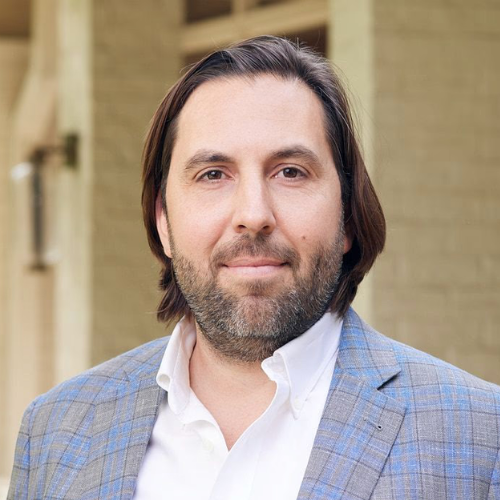How Mike Sutton 40x’d a Soap Brand & Scaled a Restaurant
Mike Sutton of Guideboat Capital shares how he scaled Ojos Locos to $25M EBITDA and 40x’d Buff City’s value through overlooked, high-growth deals.


From Wall Street to Main Street, Michael Sutton has taken an unconventional path to building a powerhouse independent sponsor platform.
His first deal? A sports bar chain that skyrocketed from $5M to $25M (EBITDA) under his leadership. His second? A handshake over beers. His third? A $5m EV soap shop.
Guideboat Capital Partners built a track record through exceling at scaling multi-location businesses in overlooked industries.
"Independent sponsors are underdogs. You have to work harder. You have to sell yourself better. You have to be able to sell a track record and reputation, and an ability to execute."

In this episode we learn about Guideboat’s proclivity for “overlooked” deals.
"We’ve really built Guideboat around looking for businesses that some folks may not want to invest in because they’re not trendy or have hair on them."
In particular we get to hear about Ojo’s Locos, a restaurant chain with a strongly-identified customer demographic, that scaled from $5m to $25m of EBITDA under Guideboat’s ownership.
"Over time I have built good relationships with a lot of different folks. I was lucky enough in [the Ojos Locos] case to be able to pick up the phone, call some buddies that were in the City, and I said 'look, I have this business, I think it's incredible, here's my diligence, I need a lot of money.' They call me the next day and say 'we agree it's a good business, we're in'. If it hadn't been for knowing them, it wouldn't have been that easy," shares Michael.

We furthermore learn the story about Buff City, a soap retailer. Says Michael: "EV today is up by more than 40x. We bought it for $5 million. It was tiny, very under the radar. We were on the fence. It's interesting, but it's small. We ran one very rudimentary survey with the existing customer base, and 95% said they were buying the product for themselves and their family. So we had a repeatable base. That resonated extraordinarily with me because it told me this is not a business that is just purely transactional. That was really powerful. That's something that we could build off of. So that's what finally pushed us over the edge and said let's go."
"The most important thing with the first deal is, what I commonly tell people, don't worry about hitting a home run. Don't worry about getting the best economics possible. Just make sure you get something done, build your reputation, show you have high integrity, you're a prudent individual, you make people money. It doesn't have to be a fortune, but you're going to get a lot more shots on goal in the future if you have a great outcome on the first one."
This episode is packed with insights on deal-making, Michael’s obsession with constant revenue growth, capital raising, and the art of building a business from the ground up.

More recent episodes

Family Offices + Independent Sponsors = Strong Match
James Bohannon of Belzberg & Co explains how family offices evaluate independent sponsors, the power dynamics of LP relationships, and why choosing the right capital partner matters more than closing any deal.

The 16-Year Path to a $175m Revenue Portfolio
Michael Healy founded Gardner Standard in 2010, building a unique independent sponsor strategy focused on legally complex deals like bankruptcies and distressed situations.

Axial's Lessons From 10,000 Lower-Middle Market Deals
Peter Lehrman of Axial shares tactical insights on how independent sponsors source, win, and fund deals in the lower-middle-market M&A space.